Bat Navigation
Bats have tiny hairs on their wings that help them maneuver in complete darkness.


THE SCIENCE OF FACES: when pigeons look at us, and the genes behind how we look at faces. Also: what causes hot flashes, determining your age from your DNA, and the hormone behind stress eating.
Some of the world’s most forbidding environments occur right in our own homes, but microorganisms are finding a way to colonize them.
Promiscuity-related genes in finches may exist to exist solely to benefit males.
Using precision instruments, scientists have discovered a second dolphin echolocation signal previously unknown to science.
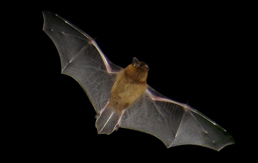
NOISE & NAVIGATION: Bats maneuver in the dark with the help of microscopic wing hairs, researchers expose a dolphin's secret sonar, killer whale ears inspire better microphones, and how a tiny bug with a big sound has eluded biologists for centuries. Also: Do humans have an internal compass?
A type of spontaneous brain activity seems to create favorable conditions for remembering things.
A new study suggests that babies exposed to pets in the home are less likely to develop allergies to them.

A failing grade for fat substitutes, a master regulator gene for fat, a brainwave that helps control memory, and turning skin cells into brain cells.
Reindeer can detect ultraviolet light with their retinas, which may help them survive dark Arctic winters.
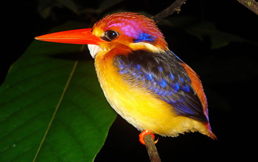
The genes behind unfaithful finches, mapping the diversity of bird plumage colors, what feathers can tell us about pollution, and what baby birds drink. Also: could living with a dog or cat decrease a child's risk of developing allergies?
A listener asks: How do baby birds get enough water when they’re still in the nest?
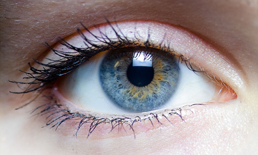
What reindeer can see that we can't. How some blind people are using echolocation to navigate the world. And, how the retinas of deaf people change their experience of the world. Also: better noses spelled bigger brains for ancient mammals, and: what the teeth of Neanderthals tell us about their hands.
A brain chemical called adenosine plays a major role in symptoms of sleep deprivation.
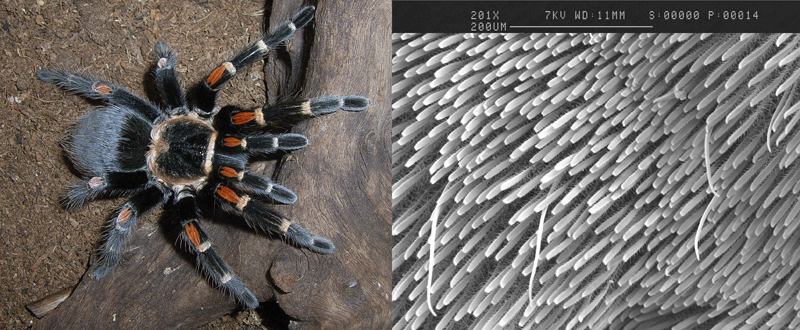

Astronomers are using new tools to look for life in outer space. And, the search for intelligent life in the universe is targeting the best candidate planets. Also: how tsunamis impact sealife.
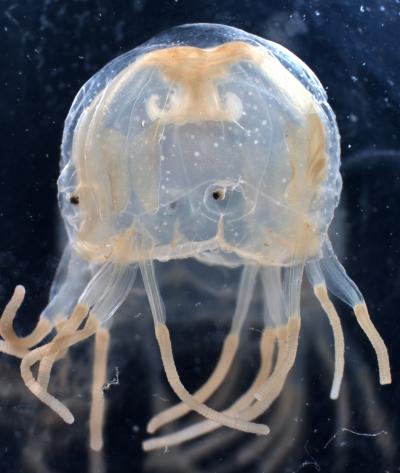
Although they lack real brains, box jellyfish can follow landmarks above the water's surface.

Why sleep deprivation clouds thinking, what the brainwaves of sleeping teenagers reveal, and how a video game helps sick kids strengthen their lungs. Also, why a team of epidemiological sleuths invaded school graduations across Maryland last year. And, new study reveals extreme gender bias in children’s books.

The soaring price of gold drives deforestation in the Amazon, colonoscopies laced with gold could help detect cancer, and honey protects against antibiotic resistance. Also: a starless starfish, and a jellyfish that navigates without a brain.
A fossilized reptile jaw from 275 million years ago has the oldest known case of dental disease.
